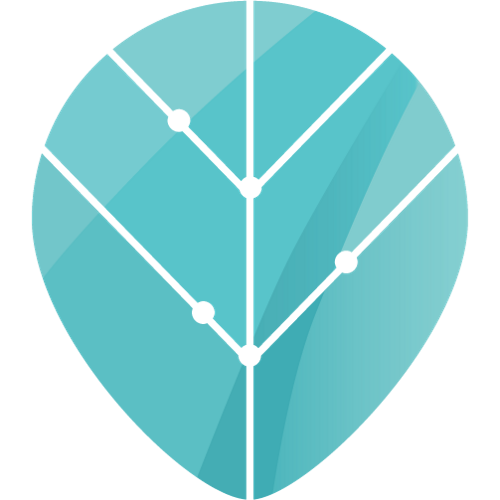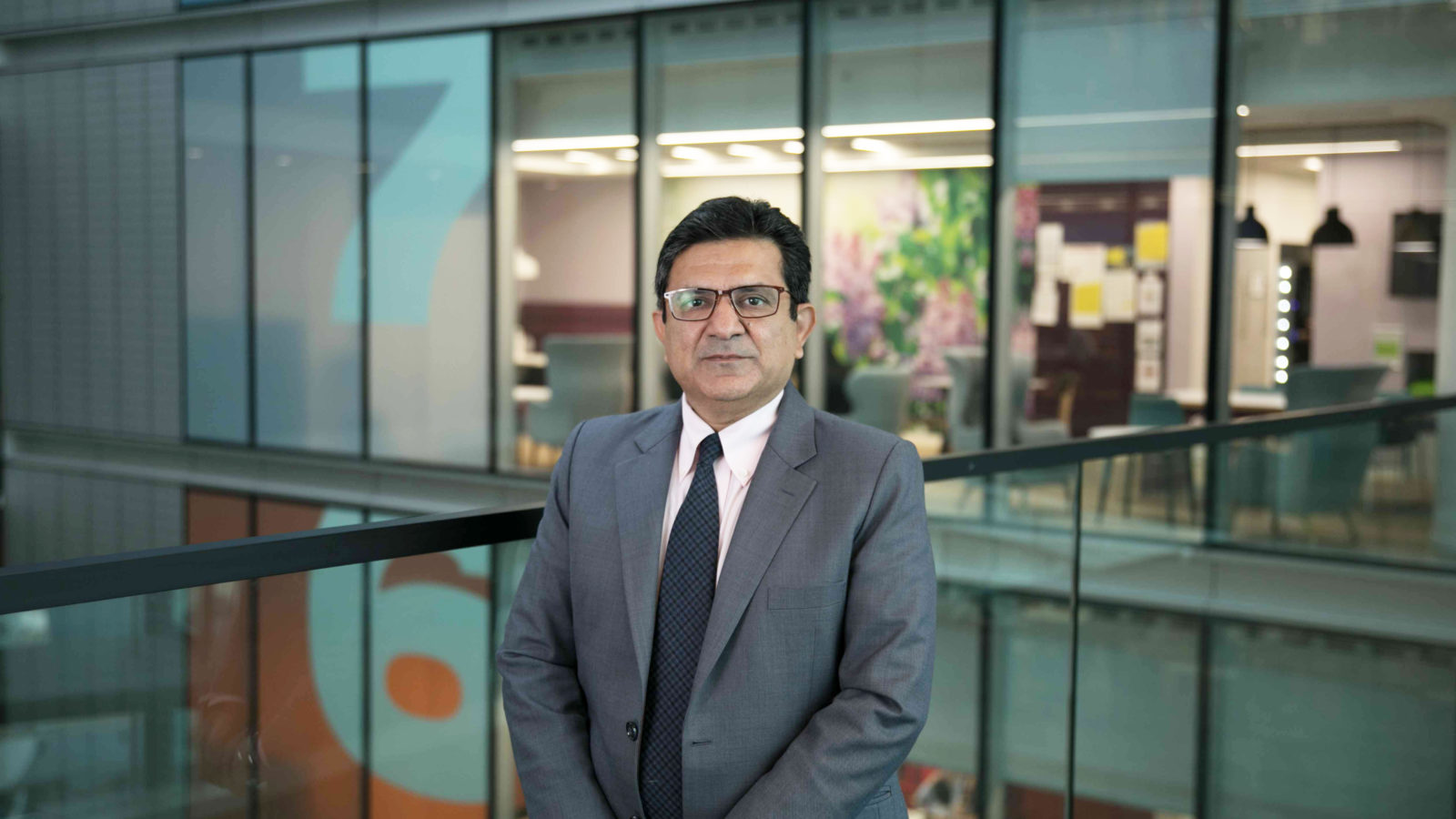An expert forensic accountant and fraud investigator, Arpinder Singh leads EY’s Forensic & Integrity Services practice in the India sub-area (including Bangladesh, Bhutan and Nepal) and Emerging Markets (Africa, Middle East and ASEAN). Over a 25-year career, Singh has acted as an expert forensic accountant in a number of disputes and has worked with corporates, regulators and law enforcement officials on several high-profile and global investigations. Who’s Who Legal has thrice identified him as ‘one of the foremost legal practitioners in business law’.
As someone who’s seen first-hand the role of ethics in the workplace, Singh tells Thrive Global India that high-integrity leaders are those who are ready to accept temporary setbacks in order to achieve better organisational culture and higher performance, and to gain stakeholder trust. He adds that implementing an “integrity agenda” is important to bridge the gap between an organisation’s intentions, and actual behaviour at the workplace.
When not at work, Singh is a sports enthusiast who enjoys squash and tennis and bonds with his family over golf. And whenever he’s encountered personal or professional struggles, he says that pausing, feeling thankful for the positive things in life, and recalibrating his approach have helped him weather the crisis. Here’s more from the conversation with Arpinder Singh:
Thrive Global India: What’s a lesser-known fact about productivity that leaders should know?
Arpinder Singh: Productivity cannot be just about profitability, increasing revenues and efficiency anymore. Leaders must encourage and mentor all employees, reinforce an ethical and compliant culture, and instil values entrenched with integrity. All these collectively will become the driving force behind nurturing talent, creating a productive workforce and building purpose-led organisations.
TGI: How is a leader with integrity able to perform better at the workplace?
AS: Management commitment toward integrity has become critical in an age of rising misconduct and unethical behaviour. According to an EY survey, although 43% of respondents recognised the importance of demonstrating integrity to avoid regulatory scrutiny and penalties, they also perceived integrity as a business advantage.
Today, leaders at the helm are custodians of ethics, laying the foundation for organisations to focus on solid and sustainable business growth. Leaders with integrity have a sharper focus, the power to inspire employees, and can align individual objectives with the organisation’s vision. They recognise the importance of purpose over profit and are willing to accept temporary setbacks for the long-term payoff of building a company with a high integrity quotient. This will result in a stronger ethical culture, enhanced performance and deeper stakeholder trust in a disruptive environment.
TGI: What is an activity or habit that energises, refreshes or cheers you up?
AS: I’m a sports enthusiast and enjoy playing squash and tennis. I find competitive games appealing as it brings out each player’s expertise to create the best possible chances to win the match. I also try and spend more quality time with my family and we do several activities together. A recent one is all of us picking up golf at the same time. It helps build a stronger bond, while having fun at the same time.
TGI: How can companies encourage ethical behaviour at the workplace?
AS: Workplace dynamics have seen a gradual shift to create engaging, holistic and inclusive corporate environments. New regulations, digitalisation, awareness and focus on anti-corruption are spurring these changes. Organisations can take several steps to encourage ethical and acceptable behaviour at the workplace such as having the right tone at the top, a key factor which defines its culture. They can also offer robust training and education, set up whistle-blowing mechanisms with multiple channels of reporting for employees to speak out concerns without fear of reprisal. Implementing an integrity agenda can also be instrumental as it helps bridge the gap between intentions e.g. mission and values statements, codes of conduct and actual behaviour.
TGI: What is the link between integrity and employee productivity?
AS: Integrity and productivity are undeniably intertwined. Employees that act with integrity tend to be optimistic, engaged, and contribute more to businesses as well as the society at large. High-impact organisations need to cultivate a workplace for their people to thrive, deliver their best, achieve personal and professional goals with an integrity-led purpose. They also need to make continuous investment in their people by upskilling, coaching and offering flexibility.
TGI: How can technology be an enabler to drive organisational integrity?
AS: Organisations can harness technology extensively to enhance integrity and at the same time, mitigate risks. Data collected by organisations can be evaluated and can deliver trends and patterns to throw up red flags. Analytics can be used to uncover a potential breach, and emerging technologies such as automation, artificial intelligence (AI) can be used to strengthen compliance. For instance, AI-led chatbots can boost employee awareness and understanding, respond to questions in near real-time about the company’s ethics and integrity frameworks. Additionally, trainings can be conducted through e-learning modules, micro learnings and video messages, which can have a better impact and reach out to a wider set of employees, including those on-the-go and working in remote locations.
TGI: Tell us about your relationship with gadgets. Does your phone sleep with you?
AS: Technology has become an intrinsic part of our work lives. And yes, my phone does always remain with me. But, I think it’s equally important to switch off sometimes, immerse yourself in a conversation or activity, without going digital.
TGI: Tell us about a small change you have made in your life to improve your focus. What did you do, how long did it take until it became effective, and how you sustain this habit?
AS: I continuously strive to grow professionally and personally, either through a new skill or a habit. That has been a major contributor for me to diversify my role here and cover the larger ambit of forensic work such as disputes, arbitrations, and becoming an ISO 37001 certified lead auditor; going beyond traditional investigations.
TGI: What was the biggest turning point of your life?
AS: I don’t think there was a single instance but [there was] continuous learning (and sometimes unlearning) throughout the years. I have always strived for excellence and pay close attention to detail—a trait that helped me personally as well as professionally. Even as a young chartered accountant, I was able to crack critical and tough cases by keenly observing them and once, I was able to spot the fraud by analysing a single photograph.
TGI: Name a movie, book or speech that changed your life.
AS: It’s not one movie in particular but I always relate well with those about sports, as they inspire me to scale new heights. However, I do remember my early days in the US while studying for my MBA, I was quite stressed [wondering] if I would get a good opportunity once my course was finished. At the time, I met a leader from an investment bank and he asked me to look at my life with a ‘glass half-full’ approach. I was among a handful of people that were pursuing MBA with a full scholarship, and I had so many reasons to be grateful.
Ever since, every time I feel a struggle either personally or professionally, I pause. I think about how far I have come, be thankful and recalibrate my approach, and I have been able to achieve much more than what I had originally aimed for. Being positive and having a “nothing is impossible” motto is the only way to have a strong chance to be successful.


